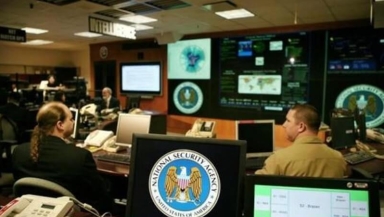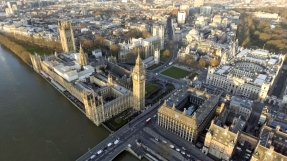
The US government has the power to gather a vast amount of information from American citizens, including those from private emails, after the National Security Agency (NSA) expanded its Internet surveillance efforts in 2012, without public notice or consultations.
Documents leaked by controversial former NSA contractor Edward Snowden to The New York Times and ProPublica revealed that lawyers from the Justice Department wrote two secret memos three years ago allowing the NSA to spy on Internet cables without any warrant.
The memos were issued as part of the effort to thwart intrusions of American computers originating abroad.
The expanded Internet surveillance was approved without clear guidelines as to how the agency will select its targets. This also rendered a lot of private information from Americans, from email exchanges to trade secrets, vulnerable to surveillance.
The Office of the Director of National Intelligence defended their move, saying it is premised on preventing cyberattacks on the US.
"It should come as no surprise that the US government gathers intelligence on foreign powers that attempt to penetrate US networks and steal the private information of US citizens and companies," the office's spokesman, Brian Hale, was quoted by The New York Times as saying.
Hale likewise said that "targeting overseas individuals engaging in hostile cyberactivities on behalf of a foreign power is a lawful foreign intelligence purpose."
The expansion of the NSA's Internet surveillance all happened without the public's knowledge, despite US President Barack Obama's earlier statement calling for transparency in dealing with cybersecurity.
"The technology so often outstrips whatever rules and structures and standards have been put in place, which means that government has to be constantly self-critical and we have to be able to have an open debate about it," Obama once said during an address at the Stanford University.
Warrantless surveillance of Internet traffic was prohibited in the US until 2008 under the Foreign Intelligence Surveillance Act passed in 1978.













